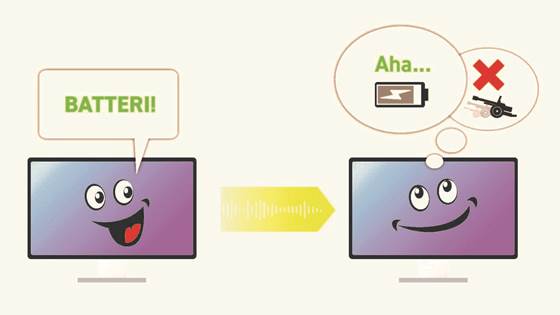
Philosophers and technologists join forces to develop a common computer language that can crack some unsolved mysteries
Linguistic logic rooted in classical philosophy can help us in our search for future eco-friendly materials.

Linguistic logic rooted in classical philosophy can help us in our search for future eco-friendly materials.
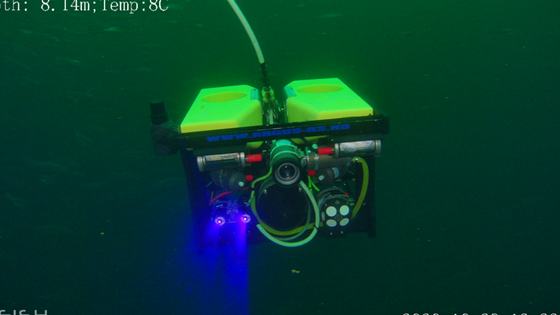
Artificial intelligence can be of great benefit underwater and SINTEF, in collaboration with the research centre SFI Exposed, is developing systems that will help to boost fish farm safety and security under harsh sea conditions.
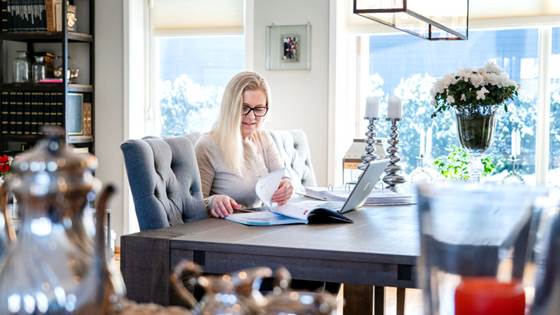
Working from home is here to stay. And this makes team building more important than ever. Recent research demonstrates that making employees’ working lives more flexible may also erode their loyalty.
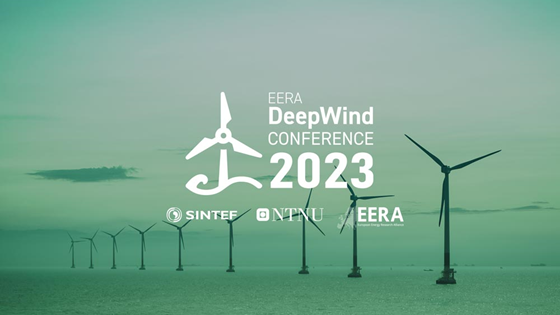
Offshore wind power will be a key solution for Europe’s ability to reach its climate targets, and the best and latest research and innovation in the field are being showcased at the EERA DeepWind conference.

Autonomous aerial and ground-based robots have been designed to do the work needed to protect critical infrastructure – quicker and more cheaply than traditional methods.
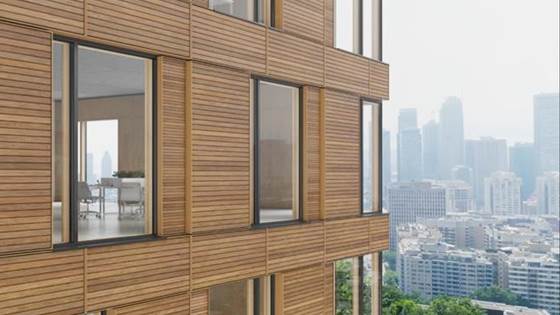
Scientists at SINTEF take part in developing a CO2-reducing, remote façade maintenance system that will contribute to green change at both a national and international scale.
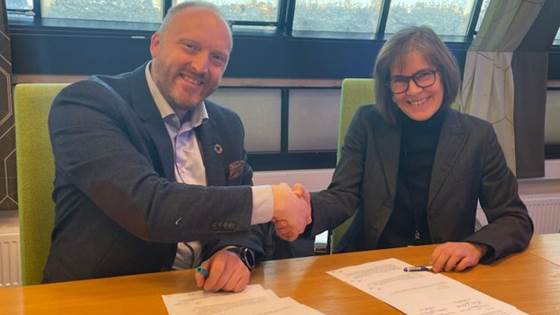
Trondheim, 8 December 2022: a letter of intent has been signed between SINTEF and Sustainable Energy that will guarantee Norwegian industry access to relevant research and testing infrastructure. This will be necessary for realising the green shift.

The Arctic Pearl is setting course for the Barents Sea in search of the shellfish delicacy Iceland scallop. It is the first and only vessel of its kind, crammed with new technology that may herald the start of a new era in bottom fishing.
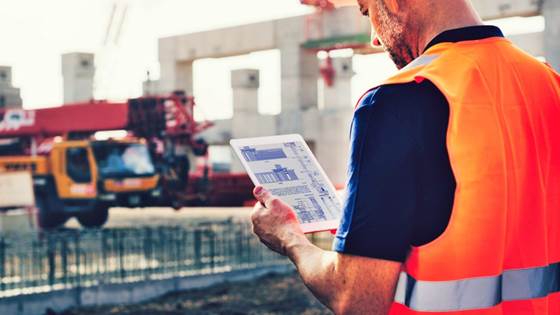
If only the Norwegian building and construction industry would embrace a little more digitalisation, this alone would enable Norway to achieve its 2023 emissions target agreed with the EU.

How does the chain of suppliers impact on a company’s climate footprint? This is a key question and, according to a recently established entrepreneur in the field, Norwegian know-how stands ready to offer the world the answer.
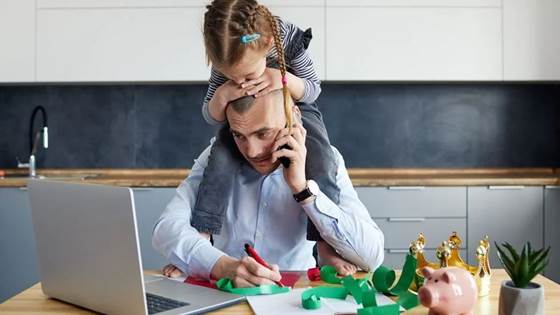
New employees do not know what they do not know about their new role. From the home office, it is not so easy to feel your way forward. Now research shows how such and similar tangles can be solved.
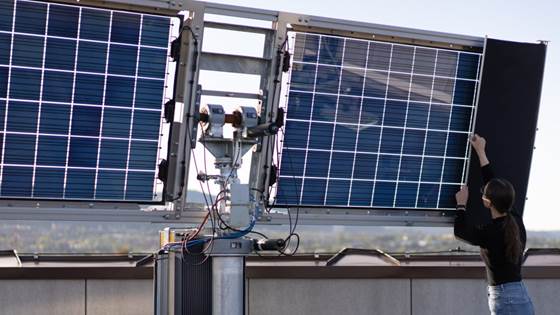
Solar energy is good news for planet Earth – but solar panels are not as climate-friendly as they should be. Researcher Martin Bellmann is using what he calls the ‘black gold’ waste materials from solar panel manufacture to make new panels.
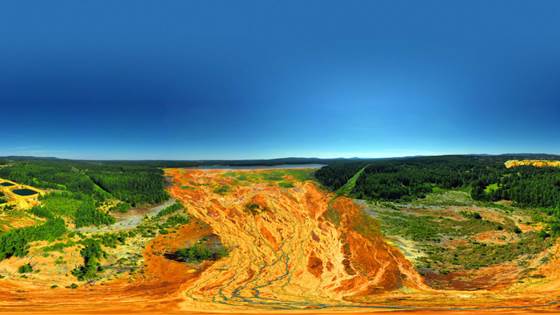
Waste slags from the metallurgy industries often contain valuable materials, but in very small concentrations. This means that large areas of valuable land are used to accommodate reservoirs filled with what is sometimes toxic waste. We now want to...

What are people’s attitudes towards food, sustainability, new foods and food additives? Researchers have found some answers.

Scientists have now found out how to optimise the functional and aesthetic character of the world’s first fully electric high-speed ferry. The aim is to persuade passengers to opt for fossil-free transport.
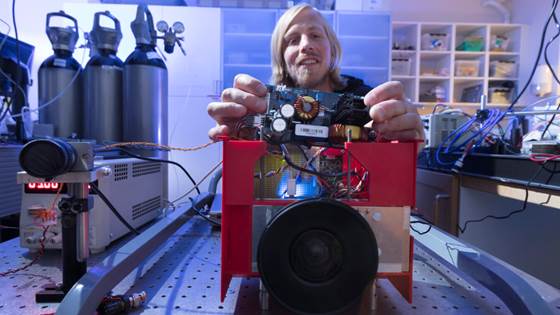
There is a lot of space junk orbiting the Earth. Norwegian researchers believe that in the future, there will be a market for its removal and have developed an entirely new type of robot vision that will make this possible. This has stimulated the...
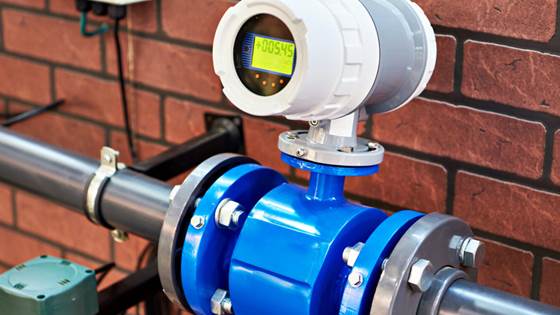
Blind faith in data as a perfect reflection of reality is causing many businesses to make decisions on false premises.
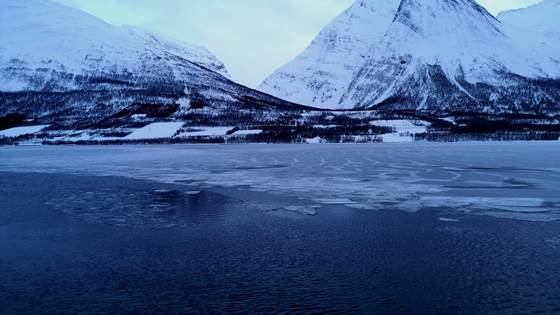
Norwegian fjord and coastal ice represent a potential security threat, as it may cut off entire communities from the outside world.
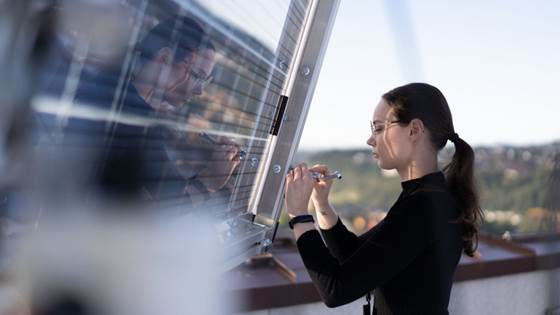
Not only are they high above us – they also offer us great benefits. From SINTEF’s new solar panel laboratory, you can see all across the city of Trondheim. Here, conditions are optimal for research into solar panel performance at Nordic latitudes.
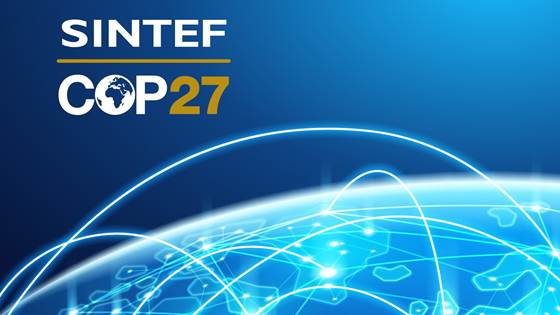
SINTEF will participate in this year’s UN Climate Change Conference in Egypt.
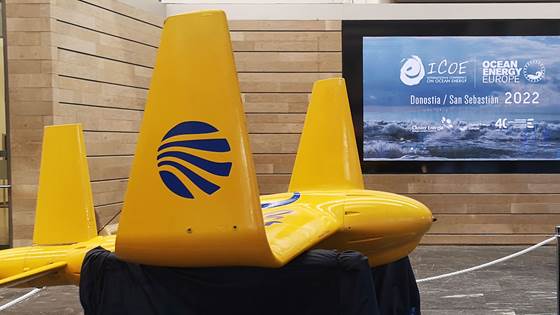
From 18–20 October, the IMPACT project attended the global ocean energy conference ICOE-OEE, where they hosted a side event together with fellow European wave energy project, VALID.

How can we ensure that everyone feels that they can cope and develop? This is just one of many challenges that employers have to address now that working from home is here to stay.
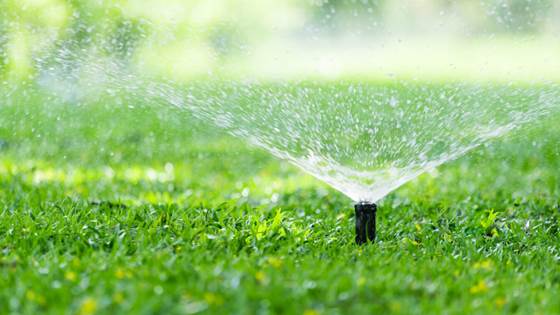
Is it safe to use treated wastewater to irrigate lawns and vegetable crops? This is the question now being addressed by researchers and the water industry.
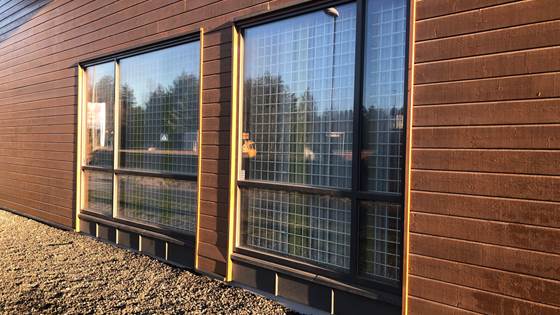
How to know whether building materials are fit for reuse? A new guide can tell.

A game-based test that detects hearing loss in children has recently been awarded a European innovation medal. Both the test and the technology behind it have been developed by Norwegian researchers.

Norway has developed subsea technologies that you may never have heard of to ensure the safe operation of Norwegian oil and gas installations. Our experts are ready and waiting to assist in the Baltic Sea.
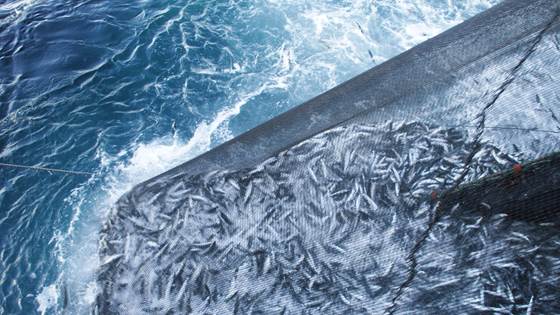
Researchers have succeeded in showing that mackerel turn blue when under stress. This new knowledge will better enable our fisheries to safeguard fish welfare and will optimise catch quality into the bargain.
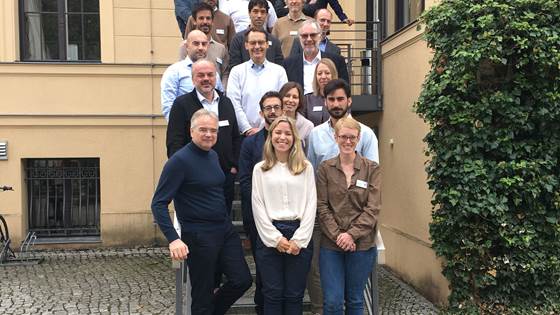
Rising amounts of renewable energy coupled with an increase in decentralised power generation call for the modernisation and significant expansion of the European grids.
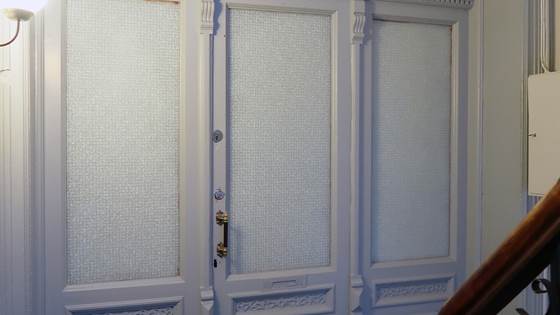
A new guideline presents possible solutions for installing glass, protective boards, sealing lists, door frames and door hardware when upgrading the fire resistance of older wooden doors.
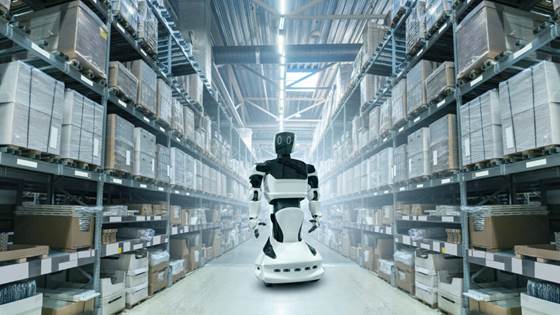
The fourth industrial revolution (Industry 4.0) put automation, digitalisation and robotisation very much in the driving seat. But something was missing. The introduction of Industry 5.0 will hand control back to you and me.
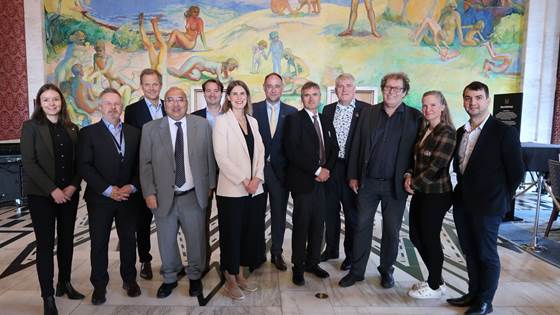
SINTEF will participate in this year’s United Nations Climate Change Conference in Egypt. The organisation will be represented by Executive Vice President for Sustainability, Nils Røkke, and several other scientists from research areas such as CO...
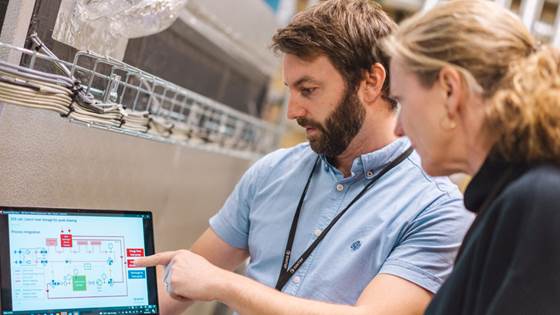
Up until now it has been a challenge to store the energy we generate when the sun is shining and the wind is blowing. But researchers at a laboratory in Trondheim in Norway have succeeded in doing just this – and entirely without any form of advanced...
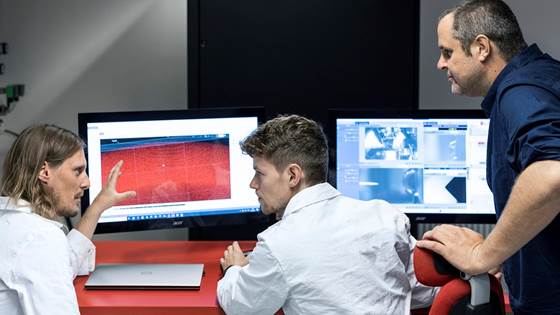
New research on semiconductors using microscopes that provide 3-D models at an atomic level could one day have an impact on your electronic gadgets.
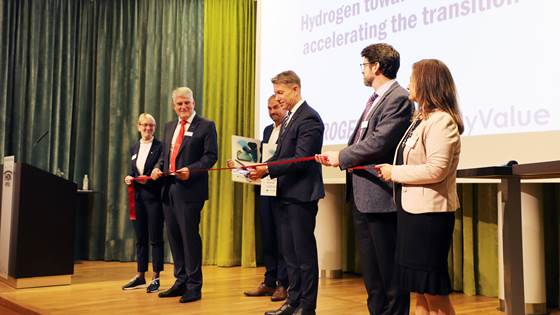
5 October 2022, Oslo – HYDROGENi officially launched its activities today at its kick-off event in Oslo. HYDROGENi is a Norwegian Centre for Environment-friendly Energy Research (FME) focused on hydrogen and ammonia research and innovation.
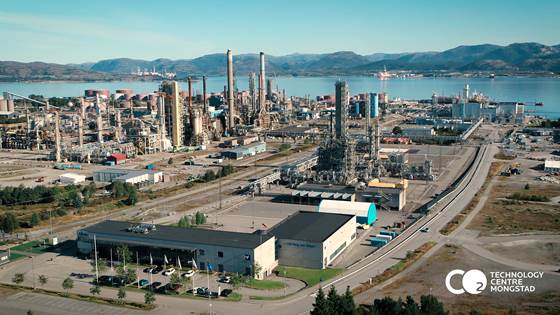
New EU project will help reduce CO2 from industrial clusters and hubs in Europe using carbon capture, use and storage (CCUS).
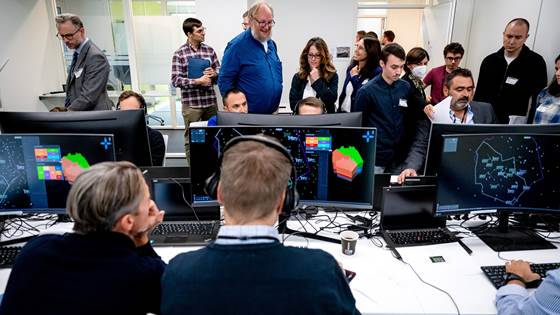
Air traffic controllers from Norway and Italy tested new software in a real time validation exercise at research institute SINTEF's premises in Oslo. The software aims to help them make better use of the airspace and reduce flight delays.
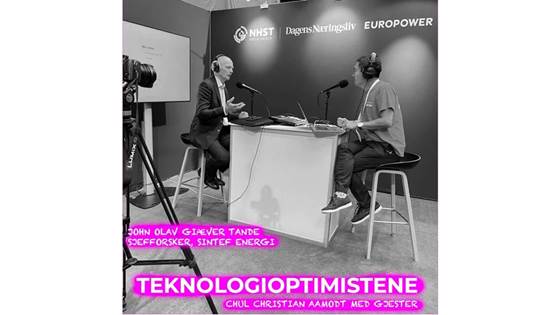
NorthWind director John Olav Tande is a guest on the latest episode of Teknologioptimistene (Technology optimists) podcast, hosted by Chul Christian Aamodt.
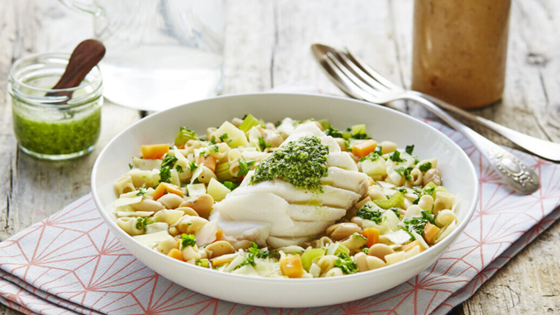
Today we think of cusk as a bycatch species of little or no value. But our test panel came to quite a different conclusion.
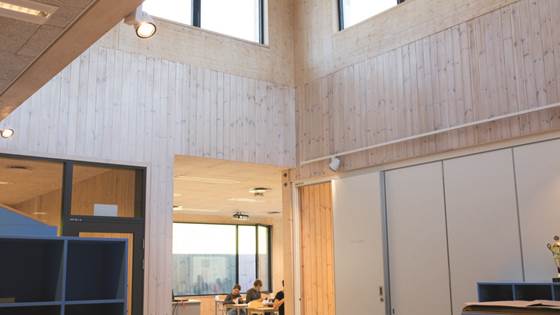
Did you know that light is a factor that affects both learning and the psychological development in school children? The right kind of light can boost performance in reading, writing and maths, and suppress restlessness and aggression.
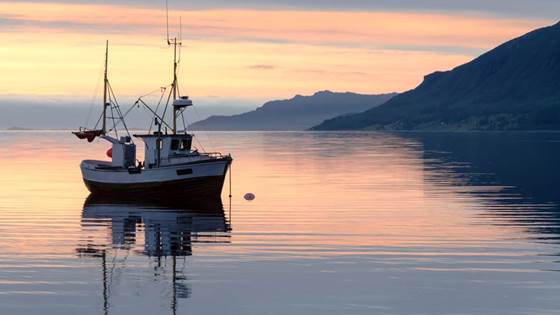
The fishing and aquaculture industry in Norway has larger CO2 emissions than civil aviation, according to a new report (link in Norwegian) presented by ZeroKyst at Nor-Fishing 2022.
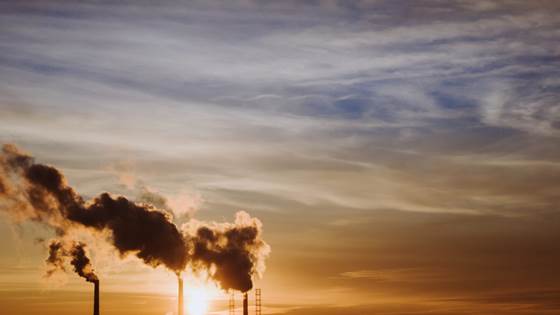
In collaboration with SINTEF, the industrial company Removr aims to become a world leader in direct CO2 capture from air.
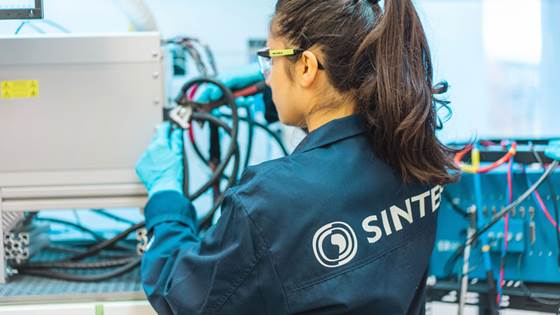
A new European research project will make the battery production more affordable and more environmentally friendly. The batteries will be safer and more effective.
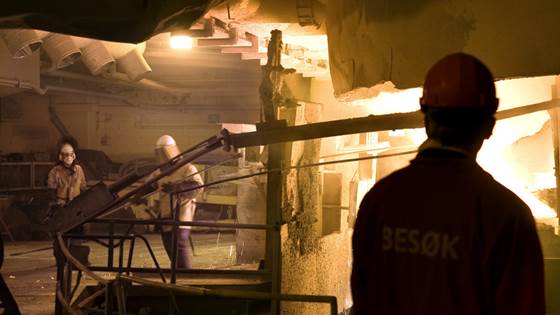
Most people know that metals are made from ore, but how do we make gold from gravel? That’s the process we must understand to be able to make the metal industry climate friendly. Here are some alternatives for CO2-free metal production.
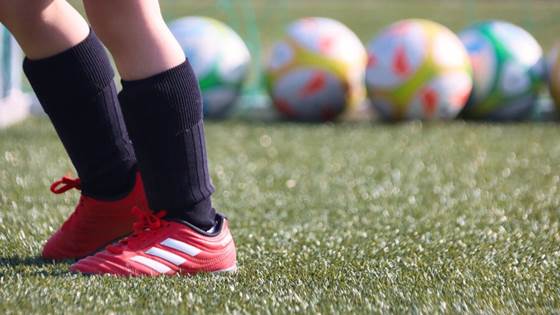
It is difficult to recycle artificial turf and there are no obvious deposit-return systems for these plastics on the market. But researchers are now looking to find a solution to the problem.
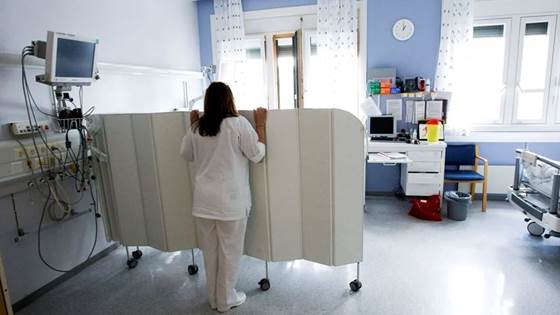
The emergency department at St. Olav’s Hospital shows the way and has succeeded through a completely unusual hunt for ideas.
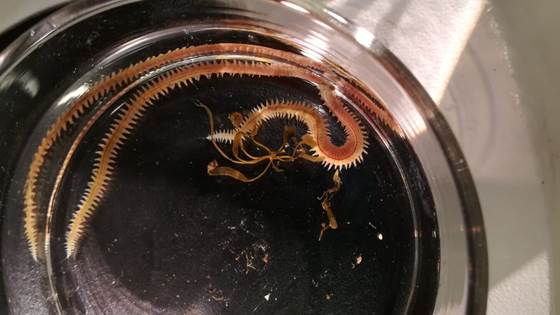
Researchers had the crazy idea of feeding ragworms with locally-cultivated seaweeds. The results were as gold-edged as the worms themselves – a high-quality, locally-sourced and sustainable feed for farmed salmon.
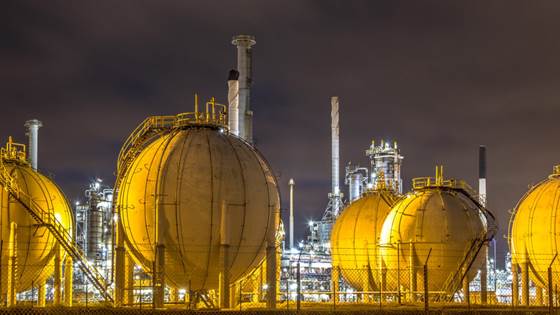
A team of Norwegian researchers has succeeded in producing hydrogen using a far more efficient method than is currently in use. The technology was ready as early as in 2017. The team has also demonstrated that the process can be scaled up for...
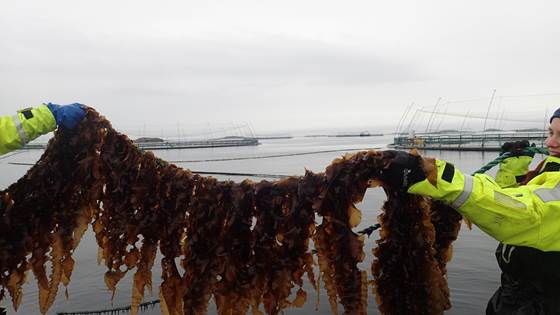
SINTEF, DNV, Equinor and Aker BP have signed an agreement to make the world’s first pilot project for active, nature-based carbon capture at sea a reality. The goal is to develop technology and methods that can capture millions of tons of CO2 with...
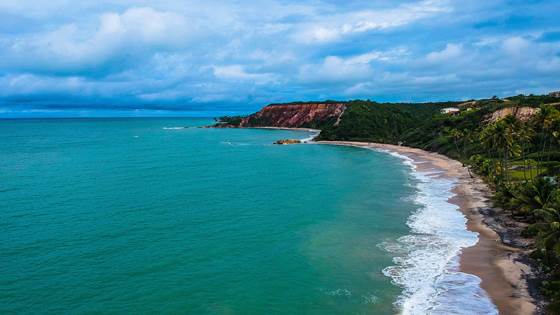
Allocations for two new projects under the EU Missions Ocean call have been announced, with SINTEF having received four projects, two of which we will lead.
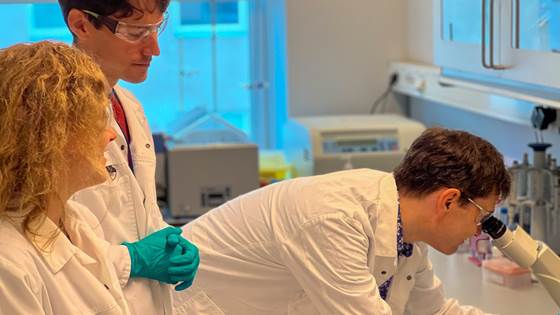
Researchers have discovered a new method of activating enzymes that may make it possible to repair proteins that have been damaged as a result of hereditary diseases, such as some types of skin cancer.
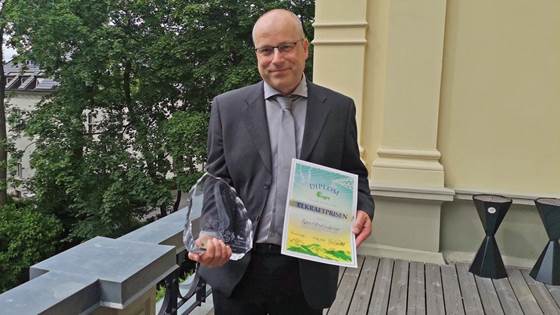
SINTEF’s Bjørn Gustavsen has been awarded the Norwegian National Committee of the International Council on Large Electric Systems (CIGRÉ)’s Scientific Award.
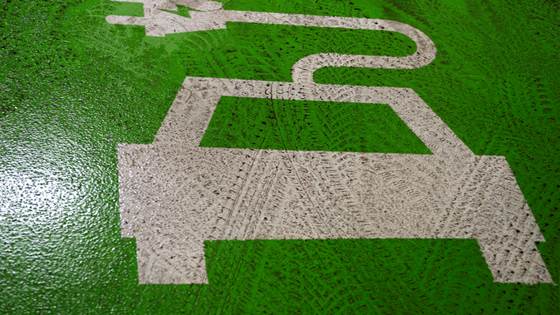
Very soon, there will be enormous numbers of used EV batteries available, but we have yet to work out how we will be organising the reuse of this massive resource.
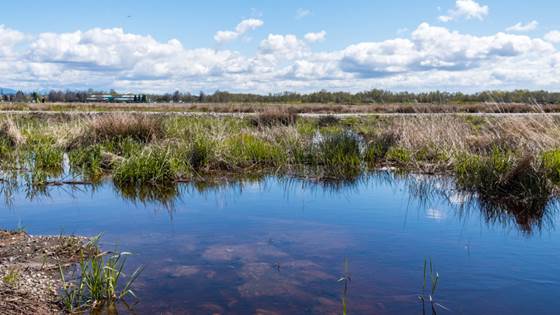
At the boundary between the land and sea, there exists an ecosystem that has been overlooked by Norwegians for so long that it was only recently given an official name. But studies are revealing that it has some very desirable properties.
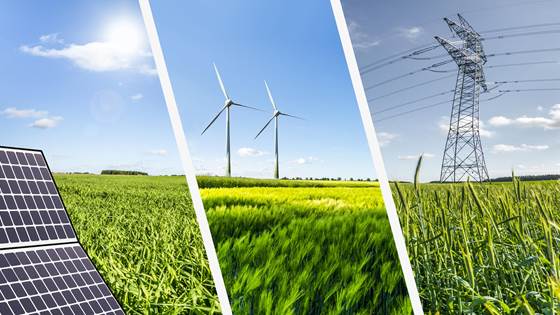
The FLEX4FACT project officially started on 1 June 2022 and will run for 42 months. A hybrid kick-off meeting held on 16-17 June brought together 23 organisations from 5 European countries representing the consortium. During the...
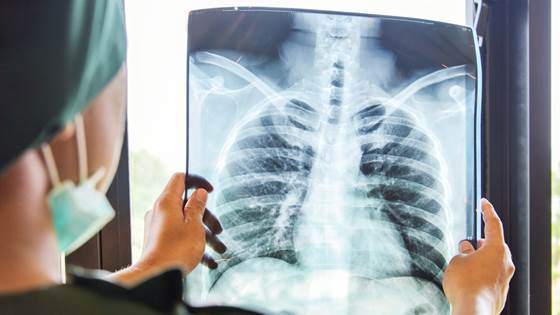
Lung cancer is one of the most dangerous forms of cancer. Treatments are available, but they are demanding on patients and less than 30 percent survive. But mRNA technology is offering new hope for higher survival rates because treatments target the...
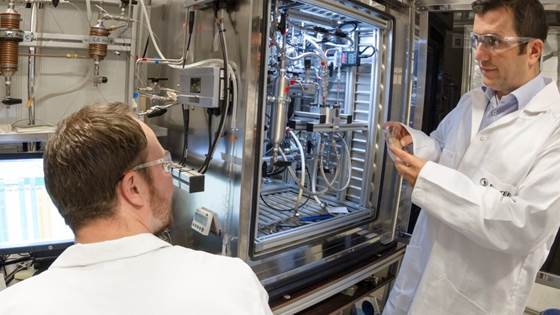
As part of a six-year research project, researchers have succeeded in developing a membrane that captures CO2 in an entirely innovative way. Their work has resulted in an article published in the prestigious research periodical Science Magazine.
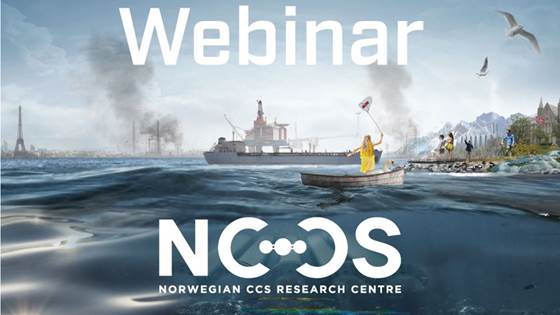
Over the past two years, webinars have become a cornerstone of NCCS’ dissemination and communication strategy. Even though we are now returning to in-person meetings following the COVID-19 pandemic, digital events like webinars remain relevant, as...
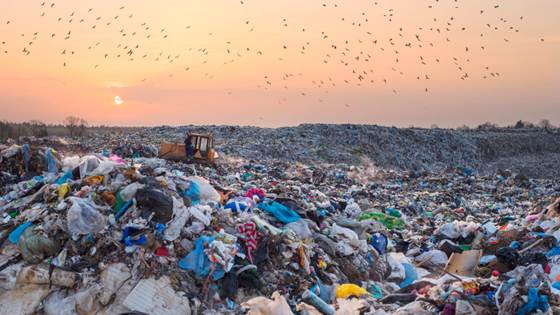
Using non-recyclable plastic waste as an alternative to coal may prevent huge volumes of plastic from being discarded into the oceans – and will also reduce CO2 emissions. This is the conclusion of a recently completed pilot project headed by SINTEF...
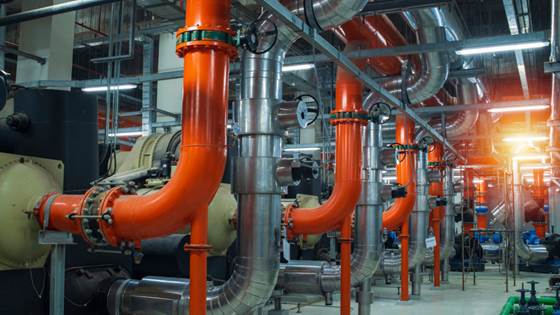
High-temperature heat pumps are no longer simply for idealists. They’re contributing to more than just climate accounting, and industrial companies are standing in line to learn more.
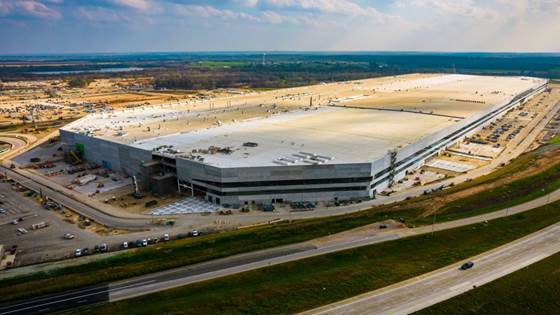
The idea behind batteries is to make the planet greener, but they all start their lives as energy-demanding environmental liabilities. Research scientists at SINTEF have succeeded in making batteries cheaper and simpler using a process that requires...
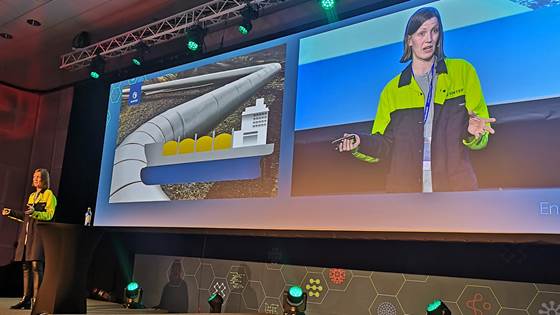
On Friday 20 May, SINTEF Research Scientist Ingrid Snustad gave a presentation on carbon capture and storage (CCS) to a room of approx. 600 Norwegian school children in Oslo, Norway.
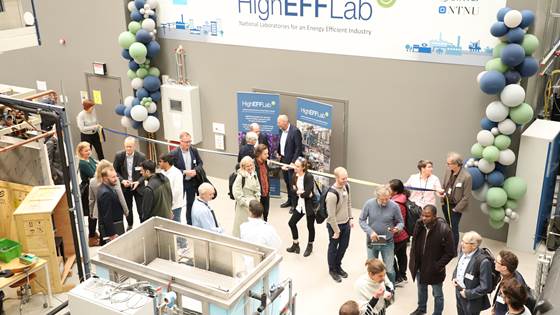
NTNU and SINTEF celebrated today the official opening of HighEFFLab: a national research infrastructure for experimental research in the field of energy efficiency.
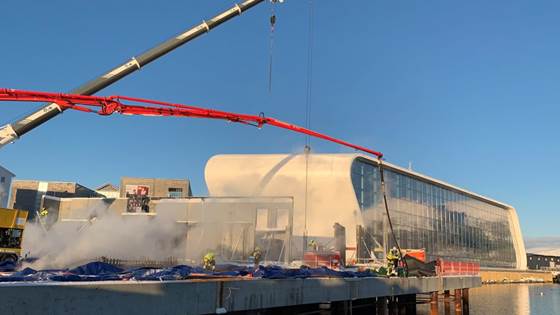
What if a concrete building could heat itself – while being built? Research scientists are about to make this dream a reality.
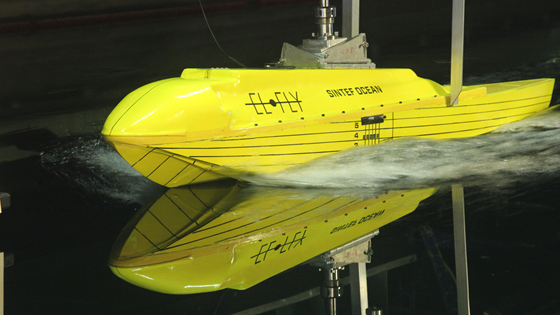
With this seaplane you will be able to take off from Trondheim Fjord or Flesland Airport in Bergen, Norway, and land in the Geiranger Fjord one hour later.
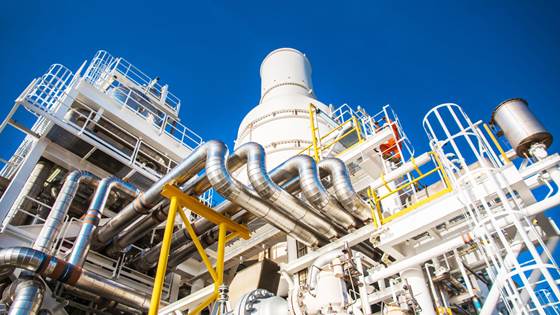
Electrification of the Norwegian continental shelf is a long-standing political issue. Now research scientists believe this can be done using fuel cells installed on the platforms. This will reduce CO2 emissions and remove the need to lay new subsea...
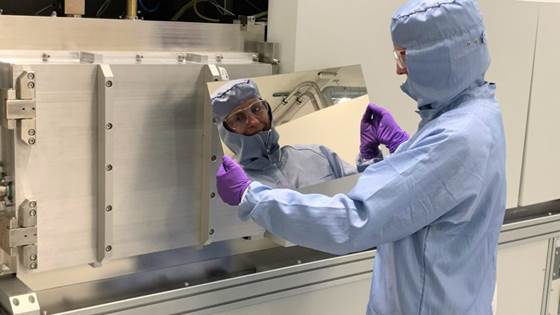
Hydrogen Mem-Tech´s technology separates hydrogen from bio and natural gas, and the capital will accelerate commercialization and growth in the years to come.
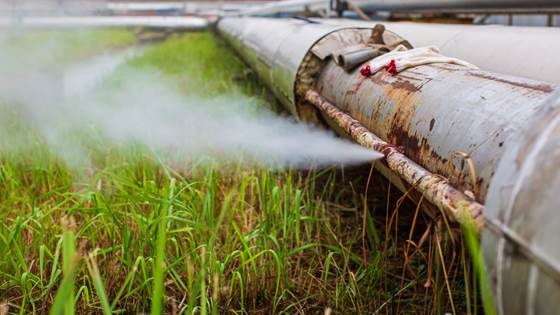
High energy prices highlight the importance of the thousands of kilometres of insulated pipe networks and equipment in industrial plants. However, corrosion under the pipes’ insulation is hard to detect and can have severe consequences. New...
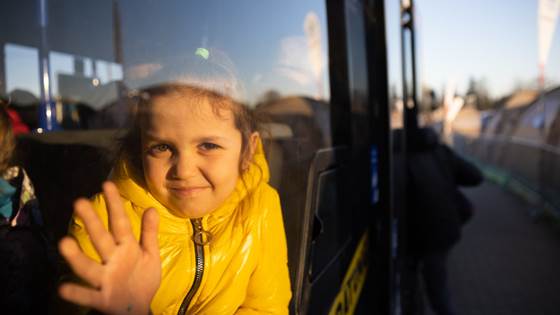
Speedy work carried out for free in Norway resulted in an IT system that protects refugees against human traffickers at the Polish-Ukrainian border. This type of aid work may become financially self-supporting.
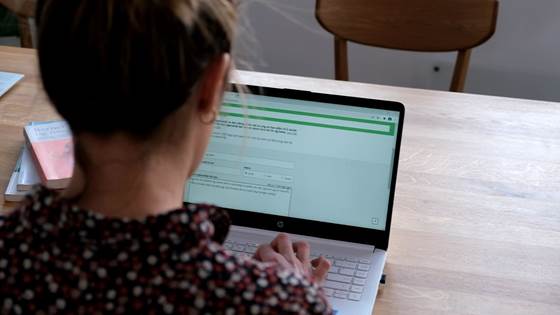
Is it possible to identify signs of depression by analysing the content young people post online and in chat rooms? The answer is yes!
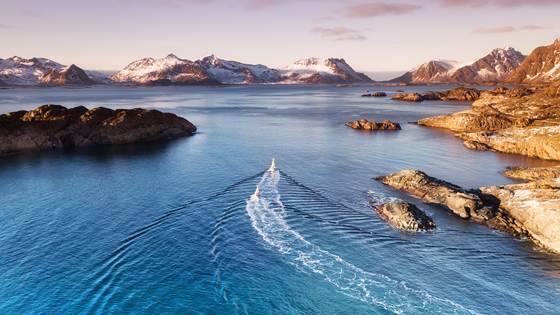
March 2022 marked the start of “The Norwegian Continental Shelf: A Driver for Climate-Positive Norway” (NCS C+) project, a collaborative and knowledge-building project that focuses on developing climate-positive technologies in order to achieve a...
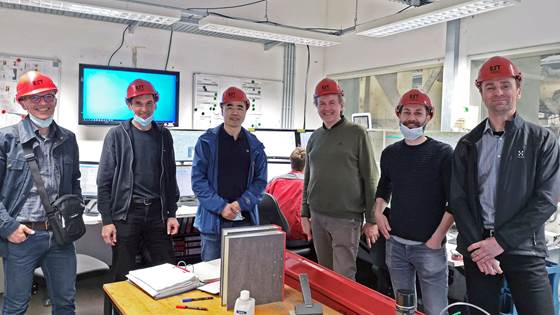
On 30 March 2022, SINTEF research scientists were given a tour of Technische Universität (TU) Darmstadt’s 1 MWth pilot plant ahead of the first ACT LOUISE general assembly.
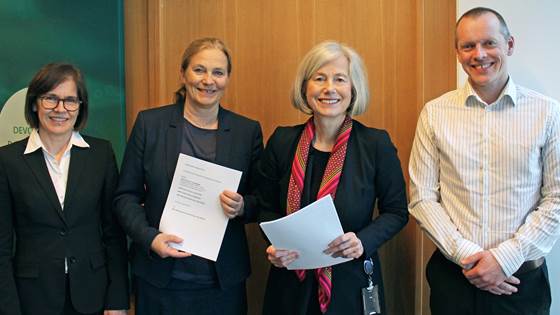
Aker Carbon Capture and SINTEF have entered into a strategic collaboration agreement, with the goal of further developing carbon capture utilization and storage (CCUS) technology to reduce CO2 emissions from industry and energy solutions. This is a...
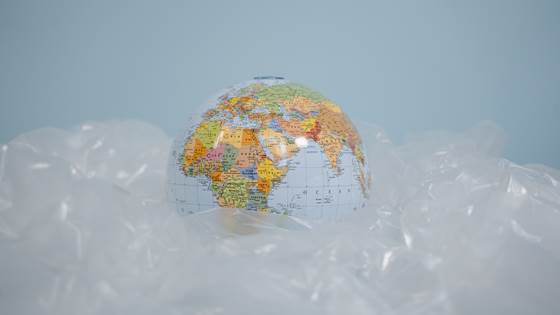
174 member countries recently gathered at the United Nations Environment Assembly (UNEA) in Nairobi to discuss a legally binding, global plastic treaty.
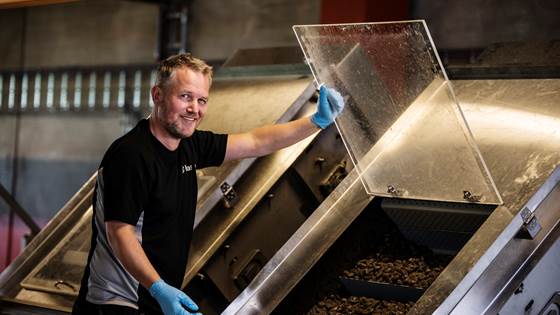
A shortage of phosphorous is driving the price of artificial fertilisers through the roof. But a new and eco-friendly wastewater decontamination process has enabled a company in Hamar in Norway to kill two birds with one stone.
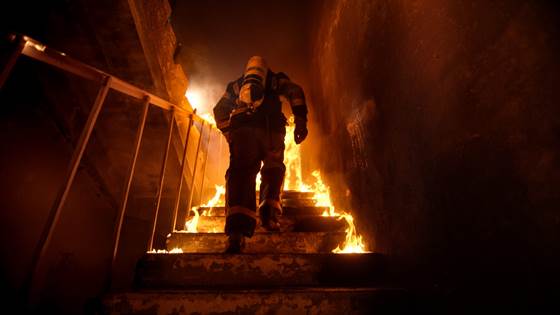
According to science, women feel the cold more than men. But how do women respond to heat stress compared with men? The answer to this question may help us to make better protective clothing for firefighters of both sexes.
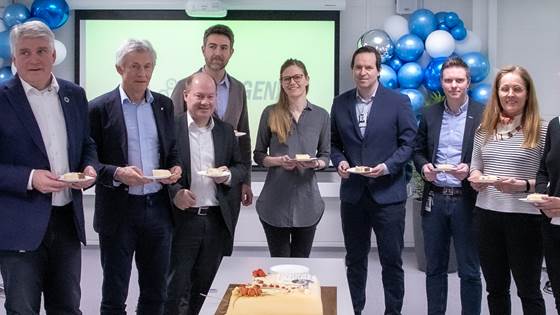
Trondheim (Norway), 11 March 2022 – Today, the Norwegian Minister of Petroleum and Energy announced the Research Council of Norway’s investment of NOK 200 million (EUR 20,271,400) in HYDROGENi: a new centre for environment-friendly energy research...
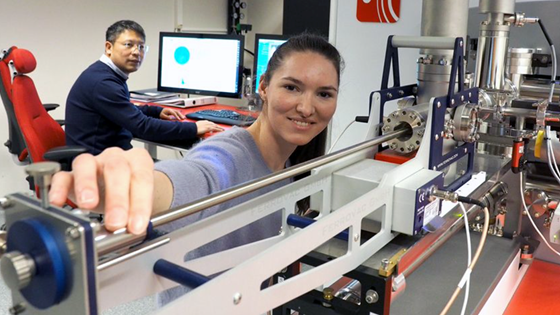
Norwegian industry is shifting towards a greener future. But what does the transition to a greener economy really mean for industry and for consumers?
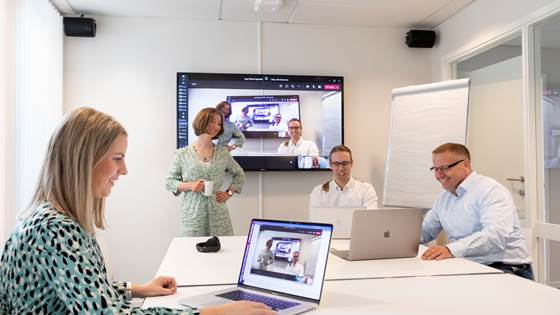
Offices across the country have reopened, but what will the workday look like for everyone with an office job? Get the best tips from SINTEF’s researchers and hear how several of Norway’s companies are solving this.
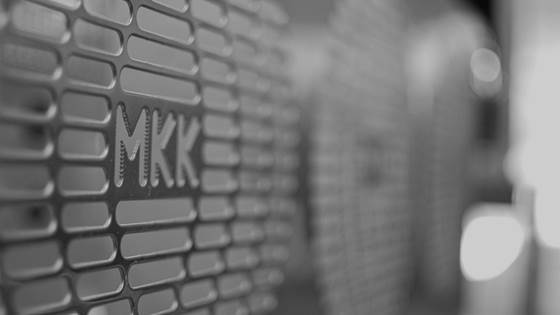
A collaboration between SINTEF and MKK led to two new solutions for environmentally friendly high temperature cooling systems, that are used in smelters. The science-industry project developed concepts based on two refrigerants that are more...
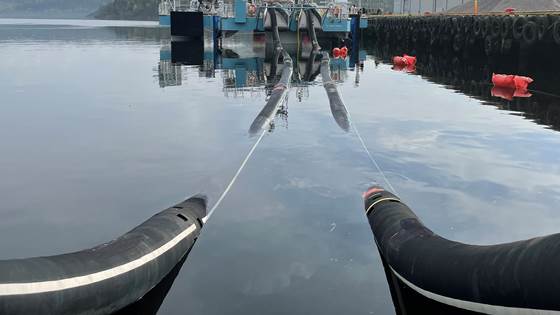
SINTEF Energy Research and ECONNECT Energy have developed a novel computational fluid dynamic (CFD) modelling tool to predict LNG, ammonia and liquid carbon dioxide flow rates in floating, flexible cryogenic pipes. The tool will be used to better...
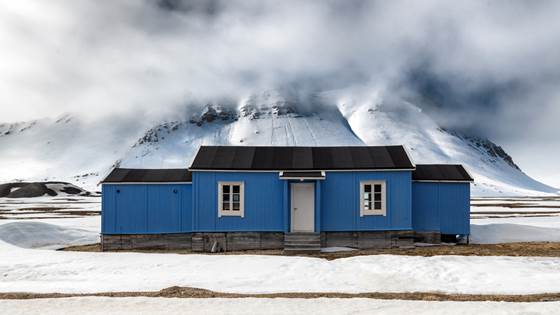
The cultural heritage of Svalbard is unique. It reflects human life and activity in a harsh and fragile environment. Researchers are now working to preserve it for posterity.
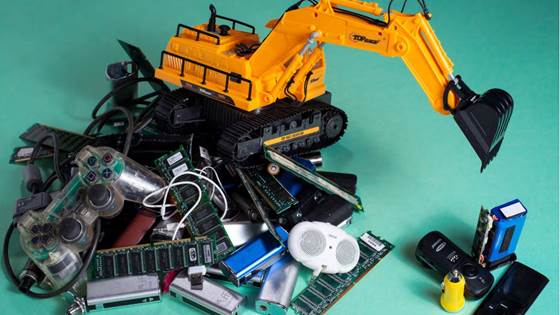
The world is crying out for rare minerals for the manufacture of electric cars, wind turbines and other technologies that we simply need more of. But how can we guarantee access to these resources without threatening the natural world and mankind as...
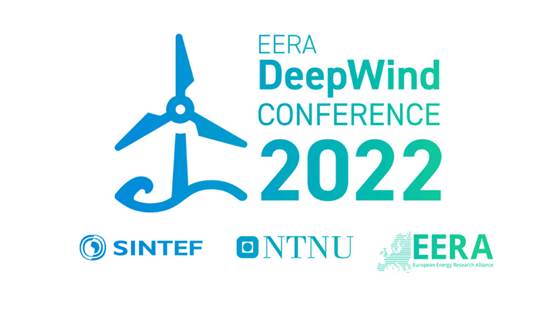
TRONDHEIM, Jan. 11, 2022 – Offshore wind power will be a key solution for Europe to reach its climate targets, and EERA, SINTEF and NTNU are showcasing the best and latest research and innovation in the field at the EERA DeepWind conference.
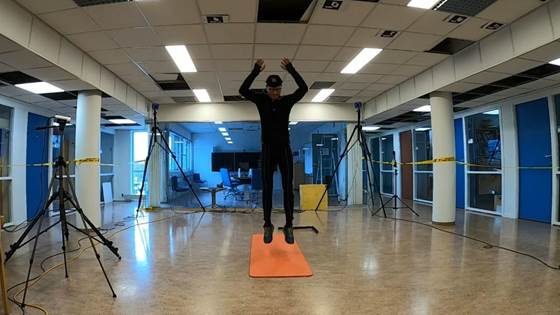
How well do your neat little earbuds fit, and how good is the sound quality as you move around? SINTEF researchers are looking into these questions with the help of an artificial ear and a ‘jogging’ robot.
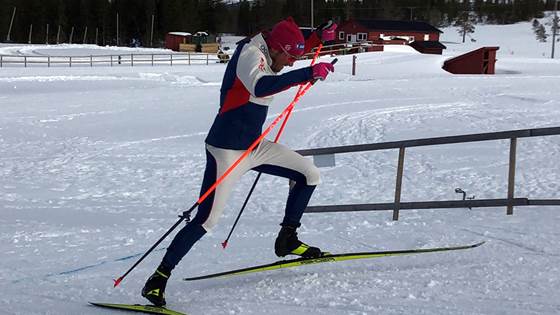
Cross-country skiers push themselves to their performance limits in competition. Yet most of their training takes place at low intensity. How does that work?
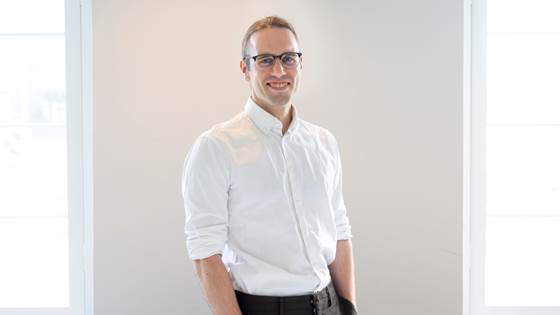
Throughout last year, researcher Tor Sporsem shared his research on how digitization affects the way we work and what it takes to improve work methods. Now he has been awarded SINTEF Digital’s communication prize for 2021.